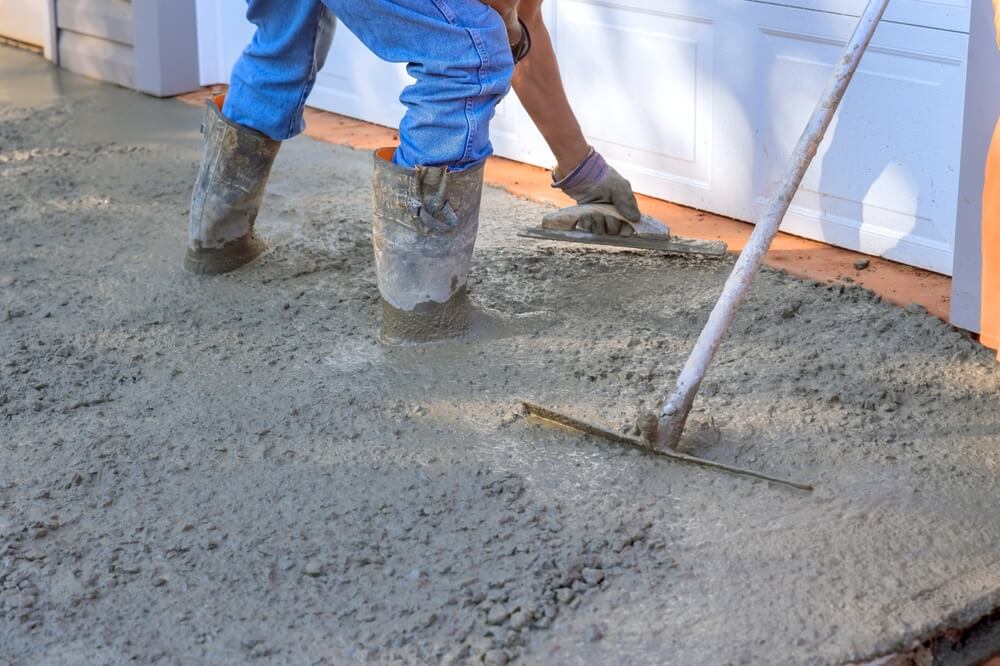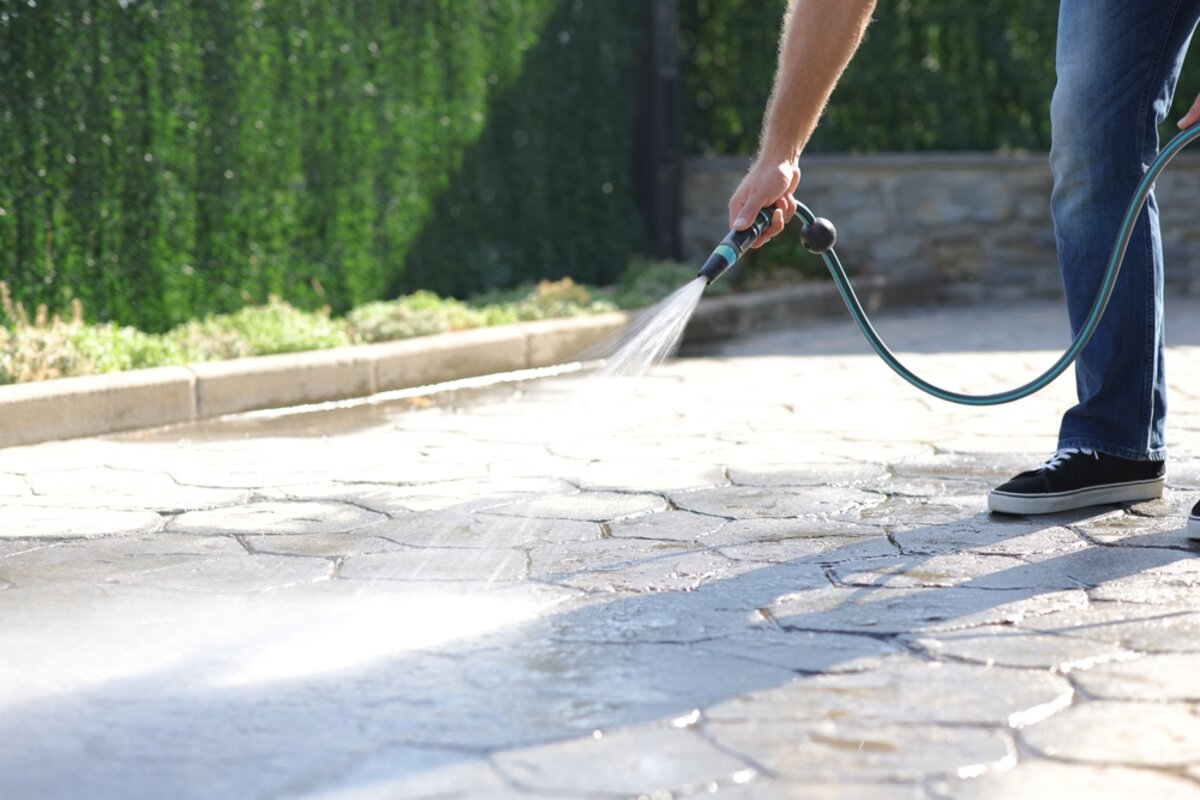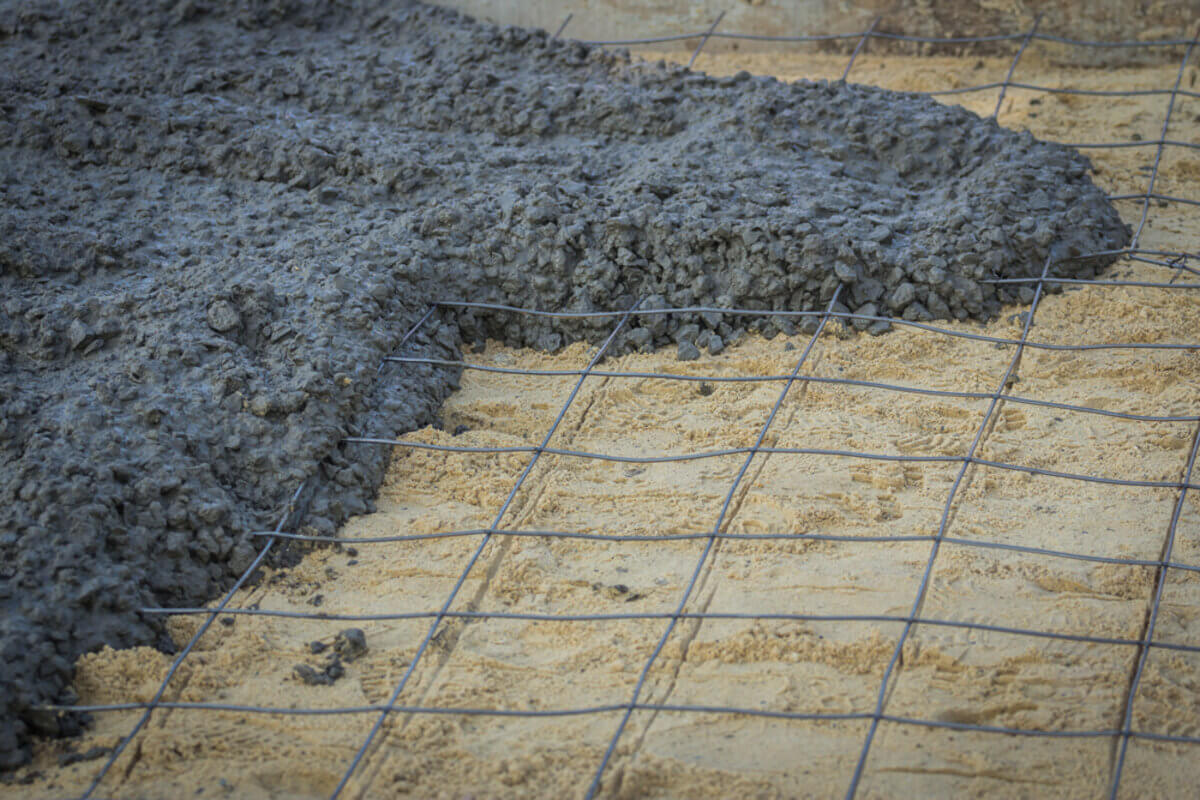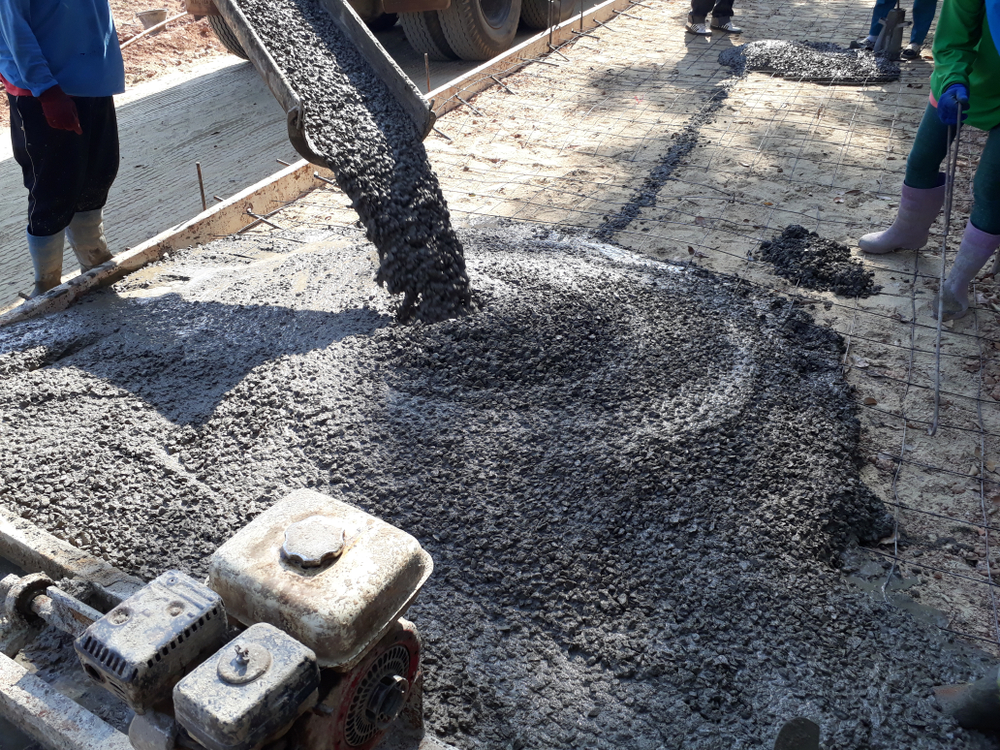Choosing the right concrete PSI for your driveway and other residential structures is crucial for long-lasting durability and strength. Imagine investing in a beautiful new driveway, only to see cracks and wear after just a few winters. The right concrete PSI can prevent this, ensuring your driveway withstands the test of time. Let’s explore what makes 4500 PSI concrete the gold standard for residential driveways and why it might be different for other regions.
What Is Concrete PSI?
Concrete PSI (pounds per square inch) measures the compressive strength of concrete. It indicates how much pressure the concrete can withstand before it cracks or fails. For residential structures like driveways, sidewalks, and steps, selecting the appropriate PSI is vital to ensure the material’s longevity and resilience.
The Role of ACI Standards
The American Concrete Institute (ACI) provides guidelines for concrete production and application, helping contractors and ready-mix producers achieve optimal results. For regions with severe weather conditions, ACI recommends a higher concrete PSI to withstand environmental stresses.
Why 4500 PSI Is Ideal for Driveways
Dealing with Severe Weather Conditions
In areas with harsh winters, such as the northern United States, 4500 PSI concrete is recommended for driveways and other exterior concrete structures. The reason? Freeze-thaw cycles. When water enters the concrete and freezes, it expands, causing stress and potential cracking. Higher PSI concrete is more impermeable, meaning it absorbs less water and better withstands these cycles.
Water-Cement Ratio: A Critical Factor
The water-cement ratio is another crucial element in determining concrete strength. This ratio represents the total amount of cementitious material compared to the water in one yard of concrete. ACI guidelines suggest a maximum water-cement ratio of 0.45 for severe weather regions. By maintaining this ratio, contractors can ensure the concrete reaches the desired 4500 PSI, making it durable and resistant to environmental stress.
Regional Variations in Concrete PSI
Southern Regions and 3000 PSI Concrete
In contrast, southern regions with milder weather may not require such high PSI concrete. For instance, in these areas, 3000 PSI concrete can be sufficient for driveways and other residential structures. The less severe weather means fewer freeze-thaw cycles and less stress on the concrete, allowing for a lower PSI without compromising durability.
Balancing Strength and Economical Factors
While increasing the concrete PSI can enhance its strength and impermeability, it also impacts cost. Higher PSI concrete typically requires more cementitious materials, making it more expensive. Therefore, it’s essential to balance the need for strength with economic considerations. For most residential applications in severe weather regions, 4500 PSI offers an optimal blend of durability and cost-effectiveness.
Practical Tips for Contractors and Homeowners
Ensuring the Right Mix
Contractors should ensure that the concrete mix they use for driveways and other exterior structures meets the necessary PSI and water-cement ratio standards. By following ACI guidelines and focusing on the mix’s composition, they can achieve a high-quality, durable result.
Ongoing Maintenance and Care
Even with the ideal concrete PSI, proper maintenance is crucial to prolonging the life of your driveway. Regular sealing, cleaning, and prompt repairs of any cracks or damage can help maintain the concrete’s strength and appearance over time.
Conclusion
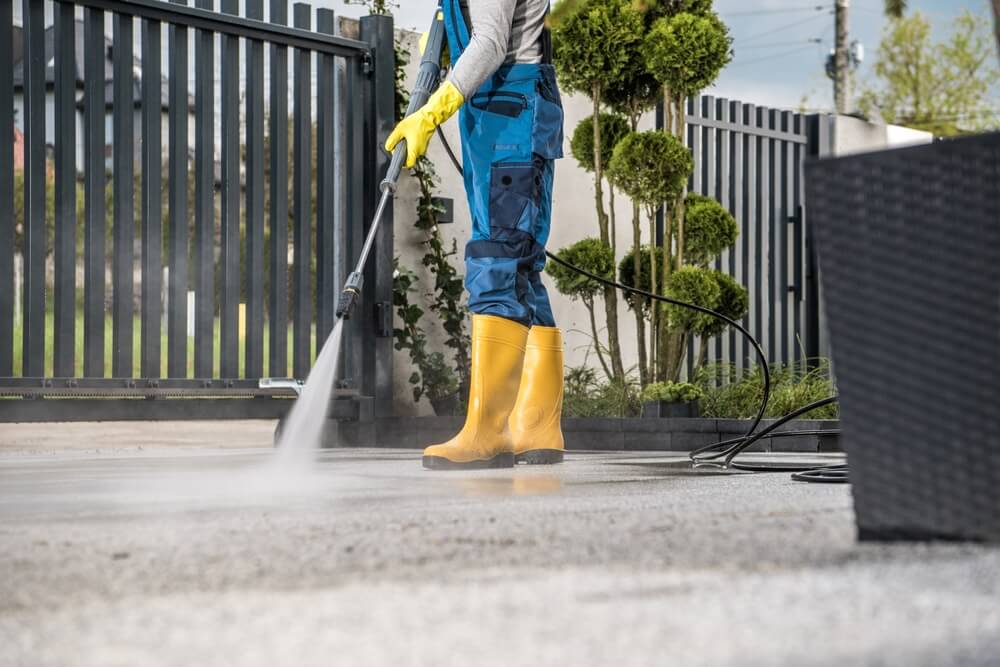
Choosing the right concrete PSI for your driveway and other residential structures is essential for ensuring their longevity and durability. For regions with severe weather conditions, 4500 PSI concrete is recommended to withstand freeze-thaw cycles and other environmental stresses. By understanding the importance of the water-cement ratio and following ACI standards, contractors can create strong, resilient concrete structures. Whether you’re in the northern United States or a milder southern climate, selecting the appropriate concrete PSI will help you build a driveway that lasts. Contact Richfield Concrete today for expert advice and services to ensure your residential concrete structures are built to last.





